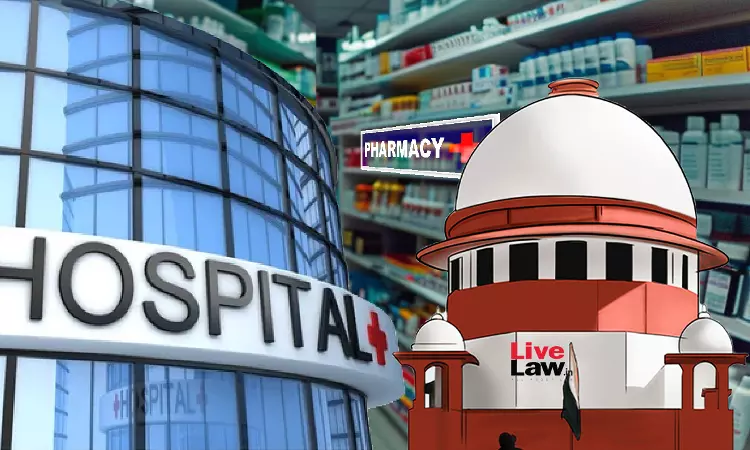Plea To Regulate Private Hospitals' Medicine Charges : Supreme Court Leaves Issue For States' Policy Decision
Debby Jain
4 March 2025 2:48 PM IST

Provision of medical facilities to all is a right traceable to Article 21, the Court said.
Next Story
4 March 2025 2:48 PM IST
